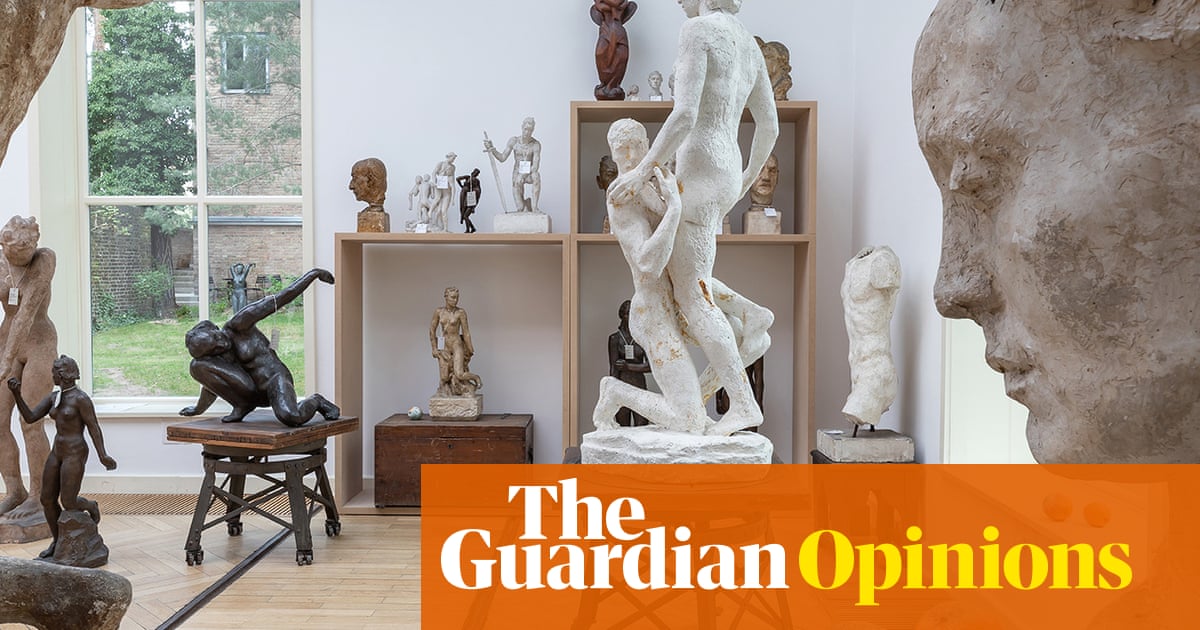
"In 1990, resentment towards newcomers from the East, especially those from the GDR, erupted in West Germany, marked by insults, bullying, and attacks on shelters. There were widespread fears that thousands of incoming people would overwhelm the welfare system, causing a public consensus that immigration needed to stop."
"Kathleen Reinhardt, who moved from the GDR to Bavaria in 1990, faced hostility from classmates and challenges of integration. She has developed an eye for imbalance and unrecognized narratives, making her curatorship of the 2026 Venice Biennale a historic event, representing a new German story."
"As curator at the 2026 Venice Biennale, Reinhardt offers essential perspectives on otherness and lived experience. Her background uniquely qualifies her to navigate politically charged environments and highlight underrepresented issues in a time of societal polarization."
"Reinhardt's professional journey reflects discomfort as a catalyst for creativity. By engaging with challenging subjects, she embodies the need for voices that understand complex social dynamics, drawing from her own experiences of transitioning between East and West Germany."
In 1990, West Germany saw a surge of resentment against immigrants from the former GDR, resulting in public hostility, bullying, and violence. Fears about the impact of incoming East Germans on the welfare system fueled a consensus that immigration needed to cease. Among those affected was Kathleen Reinhardt, who moved from Thuringia to Bavaria and faced discrimination. Now appointed curator for the German pavilion at the 2026 Venice Biennale, her journey shapes her understanding of imbalance and otherness, offering a valuable perspective in a polarized society.
Read at www.theguardian.com
Unable to calculate read time
Collection
[
|
...
]